Wisdom Teeth
Your wisdom teeth are still developing during your teenage years to your early 20’s. This is also the best time to have your wisdom teeth removed. Your roots are usually not yet fully developed, your bone is softer and you heal much quicker with much less pain than patients around their mid-20’s and older. However, some people develop faster (dentally) than other people. Some 14 year olds may develop faster than some 20 year olds where wisdom teeth root formation is more advanced and wisdom teeth may be in a better position for removal. As far as addressing wisdom teeth in teenagers, a clinical and radiographic examination is recommended around the age of 14 and whenever undergoing orthodontics. There is much less risk of infection, significant swelling, trismus (stiff jaw), prolonged healing, nerve impairment and other issues if wisdom teeth are removed at an early age. And more importantly, the myriad of issues associated with wisdom teeth that can develop as we get older can be avoided.
Why Should I Have My Wisdom Teeth Removed?
Wisdom teeth may not need to be removed if they erupt into a complete functional position, are cavity free, pain free and disease free in a hygienic environment with healthy surrounding tissue. They do, however, require regular professional cleaning, annual check-ups and periodic panoramic radiographs to monitor for any changes. An impacted wisdom tooth can damage neighboring teeth and can become infected. The result is swelling, pain, stiffness and illness. Because wisdom teeth are in areas difficult to clean, they can also invite bacteria that lead to gum and bone disease. Oral bacteria can also travel through your bloodstream and lead to infections and illnesses that affect your kidneys, heart and other organ systems. The pressure from erupting wisdom teeth can move other teeth and disrupt orthodontic or natural alignment. A more serious problem occurs when tumors or cysts form around impacted wisdom teeth which can result in additional issues including hollowing out the jaw bone and damaging surrounding nerves, teeth and other areas of your mouth and face. Removal of the offending impacted teeth, cyst or tumor usually resolves these issues. Early removal is recommended to avoid future problems and to decrease surgical risk involved with the procedure.
Oral Examination
With an oral examination and radiographs, Dr. Obenchain can evaluate the status and position of your wisdom teeth and detect if there are problems already present or if future problems may develop. Studies have shown that early evaluation and treatment result in a superior outcome for the patient. Patients are generally first evaluated in their early teenage years by their dentist, oral and maxillofacial surgeon and/or orthodontist.
Procedure
All outpatient surgery is performed at our facility. In addition to local anesthesia and depending on a patient’s medical history, the procedure can include nitrous oxide, oral sedation, IV sedation or general anesthesia. Dr. Obenchain has had significant training and experience having removed over 40,000 wisdom teeth and performed over 15,000 general anesthesia and sedation cases.
Depending on if your wisdom teeth were erupted or impacted, once they are removed the gum tissue is usually sutured. To help control any bleeding, bite down on the gauze placed in your mouth. You will rest under our supervision in the office until you are ready for discharge home. Upon discharge, your postoperative kit will include postoperative instructions, gauze, and a prescription for pain medication. An antibiotic may also be prescribed. If you have any questions, please call us at (206) 561-2345.
Our services are provided in our state of the art NFPA 99 Certified General Anesthesia Facility in an environment of optimum safety utilizing state of the art anesthesia and monitoring equipment and staff who are trained in treating patients undergoing anesthesia. Our office staff attentively focus on aseptic techniques and strictly follow all WISHA/OSHA standards.

